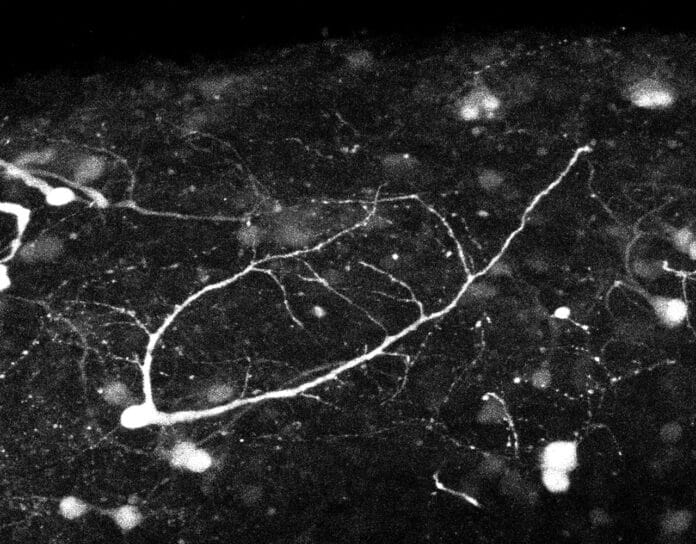USC Stem Cell scientists, led by Giorgia Quadrato, created a groundbreaking human brain organoid model that mimics the cerebellum’s major cell types. It’s the first time Purkinje cells, vital for movement and cognition, were grown with human-like features. This achievement, published in Cell Stem Cell, significantly advances brain modeling.
Quadrato, an assistant professor in the Eli and Edythe Broad CIRM Center for Regenerative Medicine and Stem Cell Research at the Keck School of Medicine of USC, explained, “The reproducible co-development and maturation of the main cell types of the developing cerebellum in a human organoid model provide a new way to explore the underlying biology of cerebellar development and disorders and advance therapeutic interventions.”
The cerebellum oversees movement and cognitive functions. Purkinje cell degeneration relates to disorders like autism. In the organoids, excitatory and inhibitory neurons formed functional circuits crucial for coordinated nerve cell activity.
Organoids generated human-specific progenitor cells linked to medulloblastoma, a common childhood brain tumor. The model, responsive to external cues, may mimic embryonic brain development. It offers a platform for studying and developing treatments for various diseases.
Alexander Atamian, a PhD candidate in the Quadrato Lab and first author of the Cell Stem Cell study, said, “This study provides a physiologically relevant, all-human model system to elucidate the cell type-specific mechanisms governing cerebellar development and disease.”
In a breakthrough, USC Stem Cell scientists craft a groundbreaking organoid model for studying human cerebellar development and disease, opening new avenues for research and potential treatments.
Journal reference:
- Alexander Atamian, Marcella Birtele et al., Human cerebellar organoids with functional Purkinje cells. Cell Stem Cell. DOI: 10.1016/j.stem.2023.11.013.
